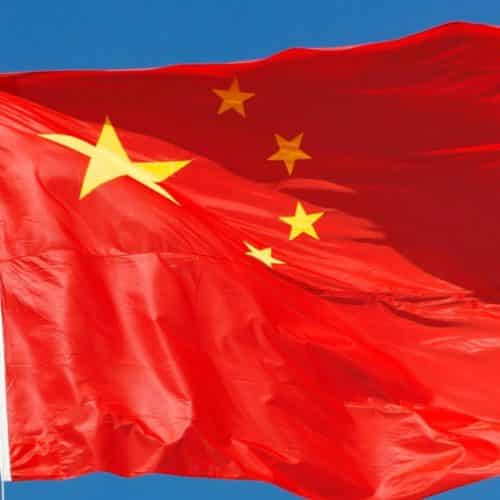China will implement a new legislation called Cosmetic Supervision and Administration Regulation (CSAR) on January 1, 2021. After the US, China is the world’s second-largest cosmetic market and those changes will have a huge impact for many companies around the globe.
The actual text of reference is Regulation Concerning the Hygiene Supervision over Cosmetics, in force since 1990 and that will be repealed in few days by the new provisions.
The new CSAR contains 6 chapters and 80 articles that will reform cosmetics in China. However, it is important to remind that is a basic framework regulation and that specific measures will be taken to address specific aspects like animal testing, risk assessment, efficacy and claims. Indeed, is relevant to know that the cosmetic regulatory panorama in China is quite complex, as it is built around a principal text surrounded by several laws.
The main innovations and changes introduced by this new regulation are highlighted in this newsletter.
- There is a new definition of cosmetic
As enunciated by art.3 of CSAR:
“Cosmetics” are those daily chemical products that are applied to skin, hair, nails, lips and other human surfaces by spreading, spraying or other similar ways for the purpose of cleansing, protecting, beautifying and modifying.”
With respect to the previous definition the term “any” external part and function “eliminate unpleasant odor” have been removed. Moreover, toothpastes shall be included amongst “general cosmetics”.
- Revolution of cosmetic categories
Special cosmetics have been confirmed but they are reduced from 9 to 5 categories (plus one):
- Hair dyes
- Hair perming products
- Skin whitening products
- Sunscreens
- Anti-hair loss products
- Other cosmetics that claim new function or new efficacy and are subject to registration
Non-special use cosmetics are now called “general cosmetics” and they refer to all other products not included in special cosmetics.
There is a five-year grace period for the following categories: hair growth cosmetics, hair removal products, breast products, slimming products and deodorants registered as special use cosmetics before July 1, 2021. After the transition period, production, import and sale of these products will be prohibited. The new regulatory classification for these products is not currently defined, they could be considered special, general cosmetics or perhaps drugs.
- New ingredient management process
Considering the existing regulation, the registration of new ingredient is a complex, expensive and time-consuming process. For this reason, many ingredients used by cosmetic industry outside China are not present in the IECIC, the Inventory of Existing Cosmetic Ingredients.
With the upcoming CSAR, new ingredients will be managed and regulated based on the risk associated. If the risk is high, like could be for “hot” ingredients as preservatives, sunscreen filters, colorants, whitening agent, they should be registered with NMPA to obtain an approval; low-risk ingredient will follow a smoother path, consisting of filing certificates, always within NMPA.
We remind you that NMPA is the National Medical Products Administration and it is the main regulatory body for Cosmetics in China, formerly the China Food and Drug Administration (CFDA).
- Efficacy claims will be publicly available
Claims shall be sustained with robust information derived from literature, efficacy testing or research data and they shall be publicly available on the NMPA’s website for social supervision.
- Safety assessment of cosmetics and new ingredients
The new regulation reports that, before registration or filing of cosmetic products or ingredients, companies shall perform a safety assessment. Safety assessors must be professional qualified in the field of cosmetics, with no less than 5 years of appropriate work experience.
- Animal testing: which point is China at?
With the future CSAR the situation is still nebulous, as there is no direct reference regarding animal testing. However, a recent draft subsidiary regulation presents a possibility of exemption only for imported general cosmetics. Animal testing could be avoided if two conditions are respected:
- Safety assessment report with positive outcome
- GMP issued by local government (this is the most challenging step, to be confirmed)
Animal testing is still compulsory for special imported goods and for some other categories like products for babies/children or products with new ingredient.
- Responsibilities
Cosmetics registrants and filers are responsible for the quality, safety and efficacy claims of cosmetics. Overseas cosmetics companies shall designate an enterprise legal person in China to handle cosmetics registration and filing.
Biorius can help compagnies to assess the compliance of your formula and/or your artwork with the Chinese Regulation.


